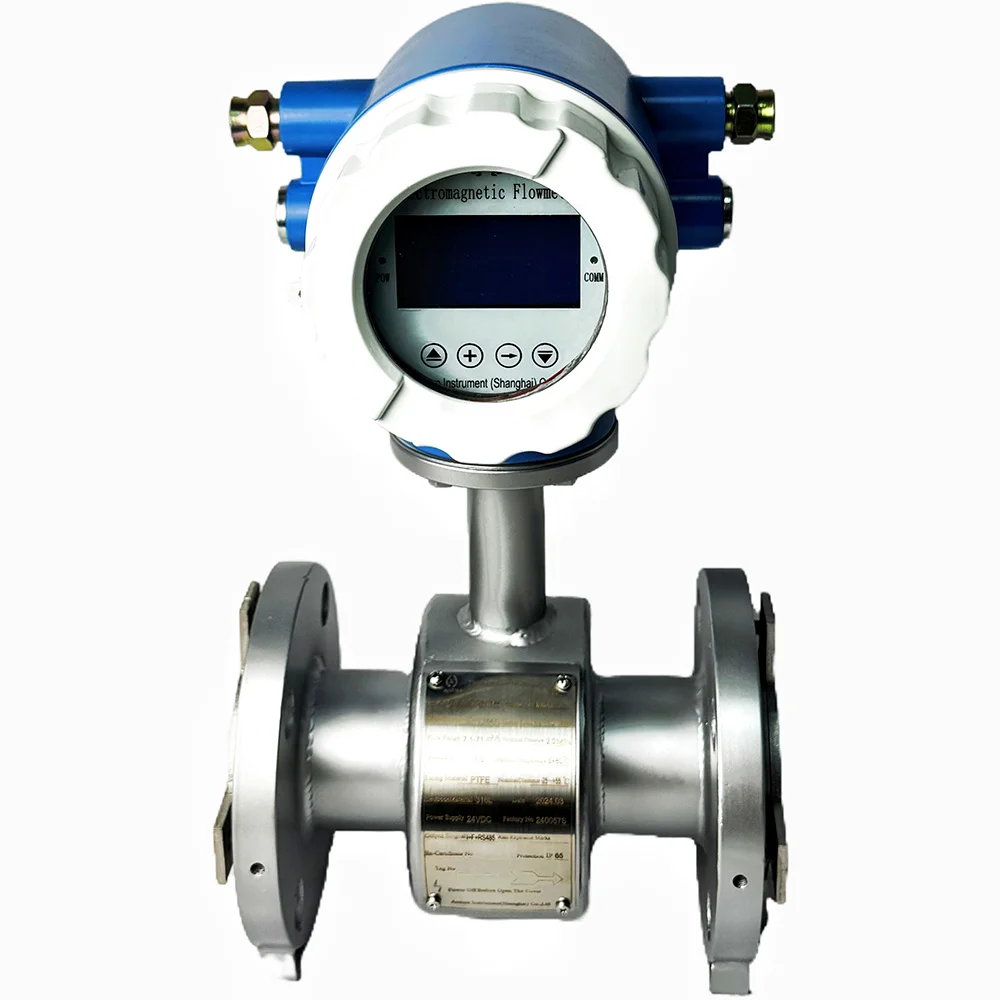Starting a small business is an exhilarating journey filled with opportunities, challenges, and, most importantly, financial considerations. One of the most pressing questions aspiring entrepreneurs face is: How much money do you need to start a small business? The answer is not straightforward, as it varies significantly based on the type of business, location, industry, and individual circumstances. In this article, we will delve into the multifaceted aspects of startup costs, providing a comprehensive guide to help you navigate this critical phase of your entrepreneurial journey.
Understanding Startup Costs
Startup costs can be broadly categorized into two main types: fixed costs and variable costs.
- Fixed Costs: These are expenses that do not change regardless of the level of production or sales. Common fixed costs include:
- Rent: The cost of leasing a commercial space can vary widely based on location and size.
- Utilities: Electricity, water, and internet services are essential for daily operations.
- Salaries: If you plan to hire employees, their salaries will be a significant part of your fixed costs.
- Variable Costs: These costs fluctuate based on your business activity. They include:
- Inventory: The cost of goods sold (COGS) can vary depending on your business model.
- Marketing: Expenses related to advertising and promotions can change based on your strategy and market response.
- Supplies: Day-to-day operational supplies can add up, especially in service-oriented businesses.
Estimating Your Startup Costs
To accurately estimate how much money you need, consider the following steps:
- Conduct Market Research
Understanding your market is crucial. Research your competitors, target audience, and industry trends. This information will help you gauge potential revenue and identify necessary expenses.
- Create a Detailed Business Plan
A well-structured business plan is essential for outlining your business model, target market, and financial projections. Include a section dedicated to startup costs, breaking down each expense category. This plan will not only guide your operations but also serve as a tool for securing funding.
- Calculate Initial Expenses
Based on your research and business plan, compile a list of initial expenses. This should include:
- Legal and Licensing Fees: Costs associated with registering your business and obtaining necessary permits.
- Equipment and Supplies: Depending on your industry, this could range from office furniture to specialized machinery.
- Marketing and Branding: Initial costs for creating a website, logo, and promotional materials.
- Factor in Working Capital
Working capital is the money you need to cover day-to-day operations until your business becomes profitable. A common rule of thumb is to have enough working capital to cover at least six months of expenses.
Funding Your Small Business
Once you have a clear understanding of your startup costs, the next step is to explore funding options. Here are some common sources:
- Personal Savings: Many entrepreneurs start by investing their savings. This option allows you to maintain full control over your business but comes with personal financial risk.
- Loans: Traditional bank loans or Small Business Administration (SBA) loans can provide substantial funding. However, securing a loan often requires a solid business plan and good credit history.
- Investors: Attracting investors can provide the capital you need without incurring debt. However, this often means giving up a portion of ownership and control.
- Crowdfunding: Platforms like Kickstarter or Indiegogo allow you to raise small amounts of money from a large number of people. This method can also serve as a marketing tool.
- Grants: Research local and federal grants available for small businesses. These do not require repayment but often come with specific eligibility criteria.
Conclusion: The Right Amount for You
The question of how much money you need to start a small business ultimately depends on your unique situation. While some businesses can be launched with a few thousand dollars, others may require significant investment. By conducting thorough research, creating a detailed business plan, and exploring various funding options, you can determine the right amount for your entrepreneurial venture.






